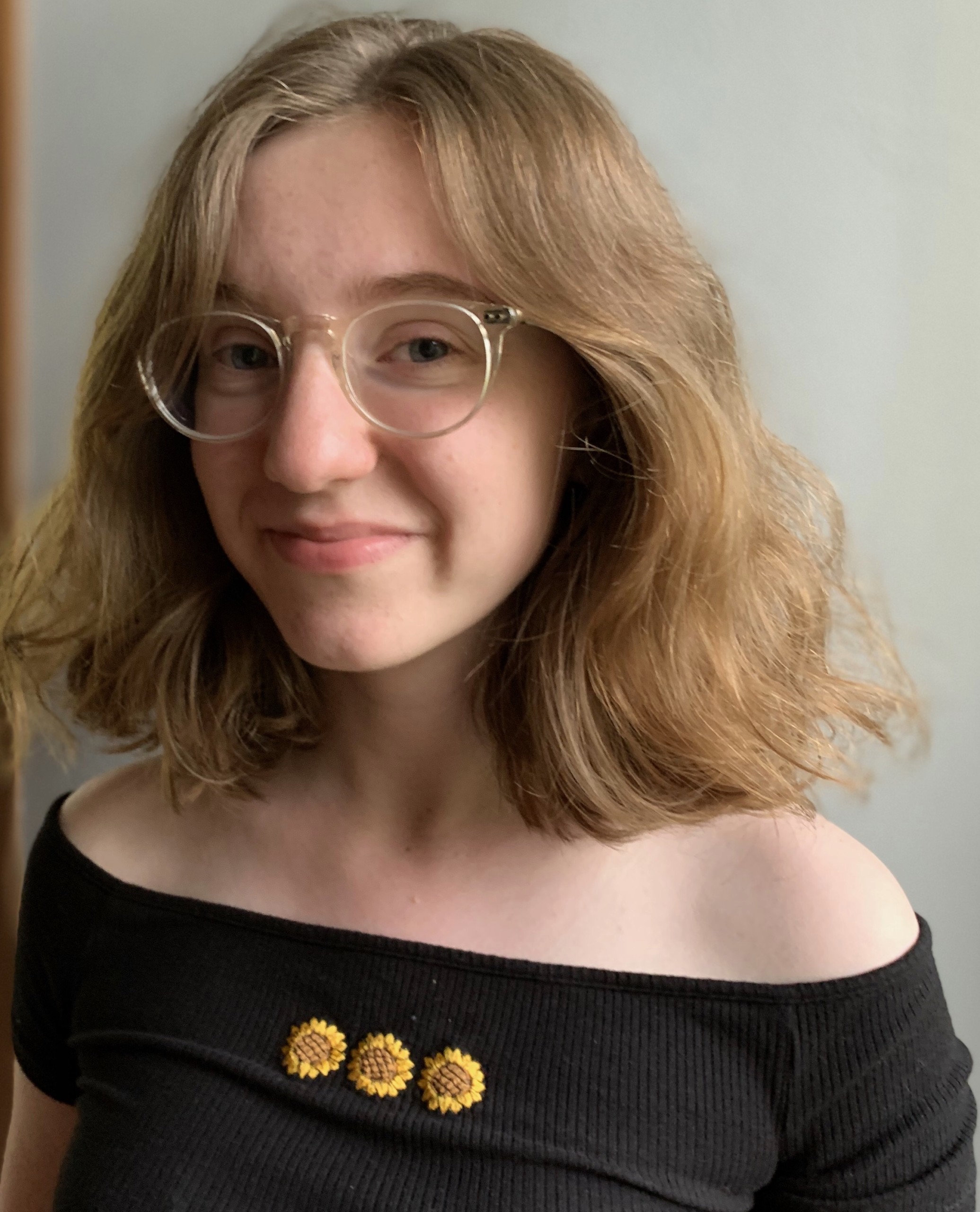Senior Sophie Volpe, no longer able to use the practice rooms at the Eastman School of Music, now practices trombone in her off-campus apartment. Eastman is only three miles away from River Campus, but the world of music education is a wildly different one, and, thus, so was the transition to online classes.
All of Volpe’s performance classes have been canceled, except for her orchestral repertoire class and studio class, which are online. But her trombone choir, wind ensemble, orchestra, and trombone quartet coaching classes are no more.
Typically in these classes, Volpe and her peers would prepare a piece of music every week — in her case, a standard orchestral repertoire that’s written for low brass instruments. They would perform it for each other and then get coached on their techniques. But, said Volpe, “There is no way to simulate this experience online.”
Instead, her orchestral repertoire professor has given them a project. They have to research and interview a professional trombonist they admire and report on the experience to the class.
Although it’s a different route, Volpe feels encouraged by the idea. “It’s a great networking opportunity,” she said. “This is our teacher’s attempt to broaden our perspectives and get a sense of the field we all want to go into.”
For music majors, the transition to online classes is abrupt. How, suddenly, can you shift the experience of playing live music to online communication?
Senior Grace Frarey, a saxophone player, said her classes are mostly discussion-based, which makes the shift easier. Still, there’s a gap.
“The largest transition for me has been having eight hours of ensembles every week for the last three and a half years of my education, and then those eight hours drastically turned into a void.” Although she still finds ways to stay focused, “the lack of ensembles made me quickly realize how much I depend on my peers and faculty for inspiration and drive.”
The disappearance of their community in the face of the coronavirus pandemic affects everyone differently, Frarey said, but the simple fact is that they’re no longer constantly immersed in music.
Studio classes, in which students meet and play with their peers of the same instrument, are the most challenging to emulate online. On Tuesday, Volpe and her studio class will perform for one another over Zoom. Upperclassmen Eastman students are required to hold degree recitals, and Volpe said performing for one another virtually will allow those students whose recitals were cancelled to share what they’ve been working on.
One of the biggest differences between learning music in-person and online is the quality of computer audio. “I feel extremely lucky to have high quality audio for my private lessons so my teacher can adequately hear what I am doing and give me really detailed feedback,” Volpe said.
Other students aren’t as lucky in that regard.
“There is nothing that could ever emulate the aspect of listening, interacting, and reacting in a jazz ensemble or small group,” Frarey said. “There just isn’t a fix for that.”
Although the Eastman faculty and staff are making efforts — like starting a series livestreaming different students performing in their homes — the community just isn’t together anymore.
“It does not fill our void […] I was supposed to play on three dear friends’ degree recitals, perform in my final trombone choir concert, my last large wind ensemble concert, and finally perform with the trombone choir at Eastman’s commencement.”
Volpe and her peers have been working on some of this music for over a year. And everything has been canceled.
Volpe was also selected as the student speaker for Eastman’s commencement ceremony. “I was really excited at the idea that I would get to stand in front of my class and get to speak to them and congratulate each of them on their incredible work […] it simply will not be the same.”
Still, both Frarey and Volpe spoke of how grateful they are to be able to remain connected with their peers and professors over the internet.
“Instead of looking at this as a detriment to my education,” Frarey said, “I think of it as a pause button on one aspect of my learning.”
Frarey said time away from school has allowed her to focus on self-discipline, new concepts, and new ideas. She’s been practicing other instruments since classes have moved online and is now able to leave her saxophone out on its stand instead of packing it up every day for class. “It’s the little things that you can find gratitude in, and that’s what I’m looking for.”
Volpe, too, is grateful for the time to reflect and redirect her focus. But Frarey and Volpe miss their peers. “Musicians exist to make music with each other,” Volpe says. “Being a musician is not a solo sport.”

